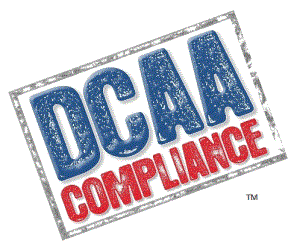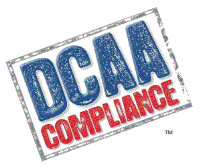With DCAA’s announced return to audit functions other than incurred cost proposals (Annual Report of Congress 2015), contractors need to dust off those policies and procedures and ask themselves a couple of questions. Let us start with labor, timekeeping, and payroll:
How do you control where staff are allowed to charge their time?
DCAA holds to the belief that contractors should authorize employees to on a project and restrict their ability to charge without authorization. Implicit in this is the concern that if Jane, assigned to work on Project A, does not have anything to do on project A, the government does not believe she should wander over to Project B and lend a hand without someone planning for this.
How do you address idle time?
There can be a couple of subtle levels to this question. The first level is literal; how do you address idle time. The correct answer is by charging overhead or G&A.
The second level is: when is idle time too much? When does it become unreasonable and thus DCAA might see the idle time as unallowable?
The old joke about auditors comes to mind – “Definition of an auditor: someone who shows up after the battle and bayonets the wounded”.
I once had a 622% overhead rate approved by the government based on idle time, but not without a fairly extensive fight with the DCAA auditor. The rate arose out of five engineers charging overhead 100% of their time for a few months. The story that won the approval actually involved the Princess of Wales and robots. How could you not win with such a cast? We attributed the idle time to a conflict between a DOD agency and an Army field commander. First, DOD sent these engineers into a foreign area as a perfect place to test their emerging technology. When they got there, the Army field commander informed them that the location was not a laboratory but a combat zone and wanted to know what the heck the paratroopers were going to do with the civilian engineers. DCAA then raised the allegation that the contractors turned the time into a vacation while DOD hashed it out as The engineers sat around charging overhead until the field commander finally sent them home.
I told the DCAA auditor, with a straight face, that I believed the engineers should have charged the project direct and not overhead; but since it was a single contract division it did not really matter.
The point is that idle time is often a reality of government contracting and is not always the contractor’s fault. Addressing idle capacity often calls for hard decisions and the contractor needs to prepare to defend those decisions when tax dollars are involved.

